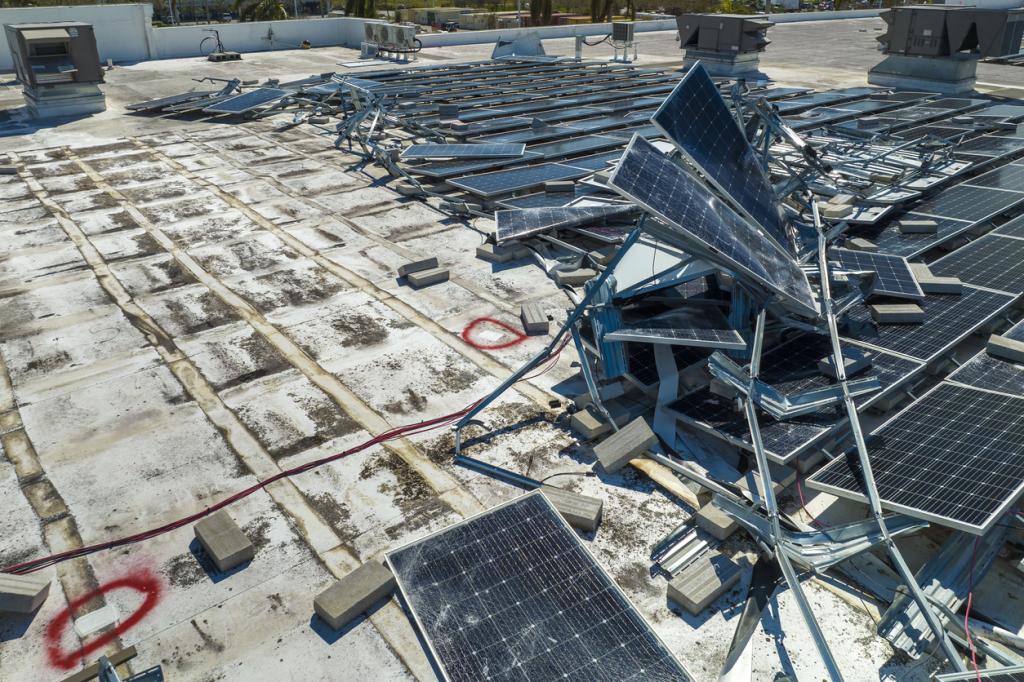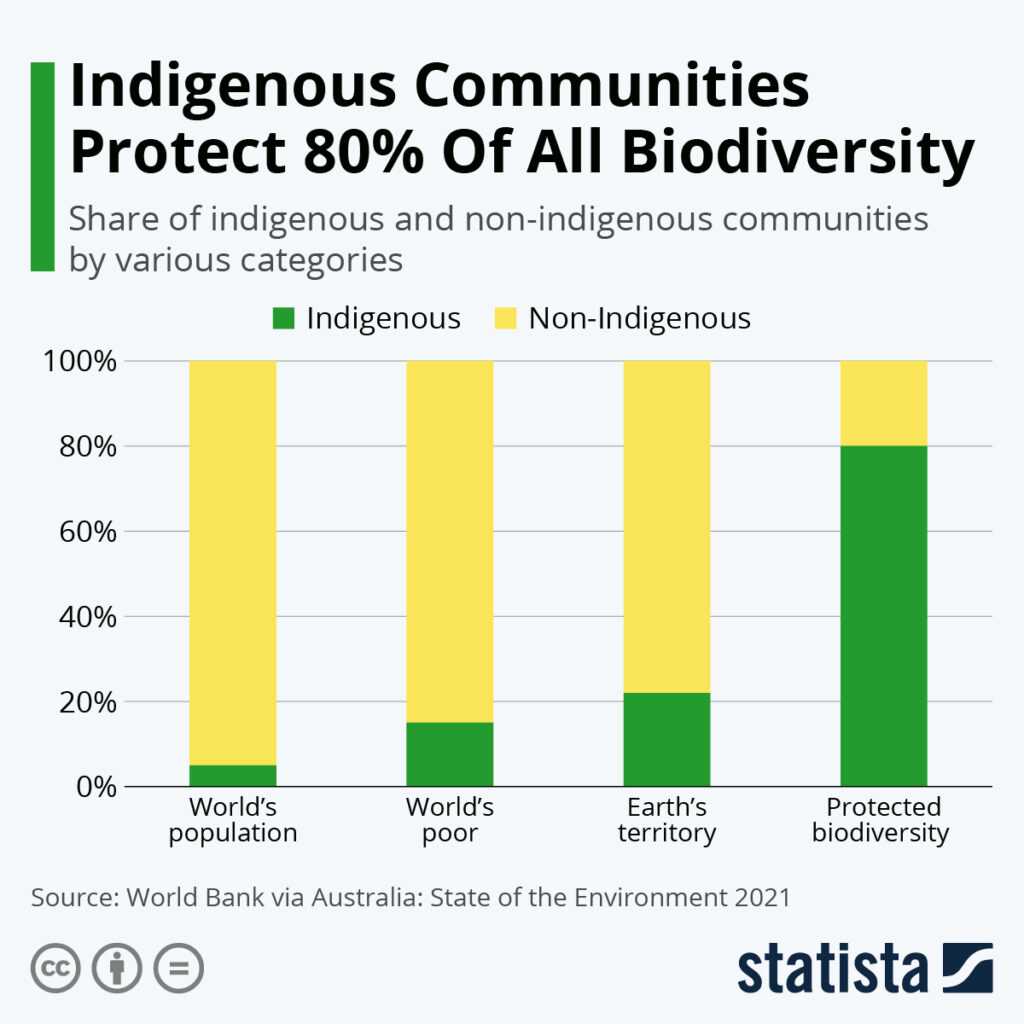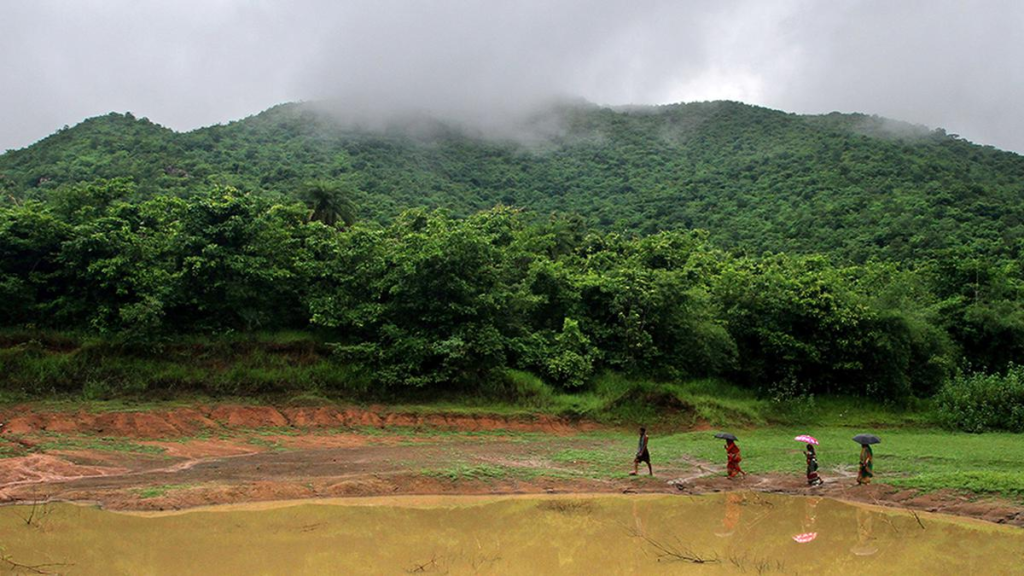Environment Justice Matters Vol. 4 Issue 12

ESG’s Educative Initiatives
21 students from Srishti School of Design (MaHE University) visited ESG for a one day workshop on appreciating the complexities of advancing environmental and social justice on 25th August, 2023, in a course led by their faculty Mahesh Bhat. ESG Team took turns interacting with the students, walking them through various initiatives advanced by ESG and environmental justice challenges addressed. While the focus was on design thinking, the fundamental question of locating fundamental rights central to such pursuits of learning and engagement enriched the learning process.


Welcome Investment in Lake Rehabilitation, but Concerns Remain

Prof Rajeev Gowda, vice-chairman, State Institute for Transformation of Karnataka has pitched Chief Minister Siddaramaiah’s Independence Day commitment of investing Rs. 3,400 crores in lake rehabilitation as an activity that will have zero tolerance for pollution and encroachment. While this is an important step forward, the problematic reliance on an engineering approach to lake rehabilitation, that destroys its ecosystem dynamics, has resulted in massive decline in bird diversity and numbers.
ESG’s efforts in sensitising various agencies to work with nature in rehabilitating lakes as functional ecosystems continues, with the Karnataka High Court recently directing all agencies to comply with earlier directions of the court, based on ESG’s submissions for ecologically viable and socially inclusive approaches of lake revival. This exercise is to be monitored by Karnataka State Legal Services Authority, and all agencies are required to file a detailed plan of rehabilitating Bangalore’s lakes before the next hearing on 4th September.
Massive Decline in Bird Diversity and Population across India
The Status of India’s Birds produced by Bombay Natural history Society and other research organisations, reports that a large number of bird species in India are either currently declining or projected to decline in the long term. Out of the 942 bird species that were studied, 142 are declining, 189 are stable and only 28 are increasing. This is clearly indicative of the widespread environmental deterioration nationwide, especially of ecologically sensitive areas such as Open Natural Ecosystems (eg. grasslands), wetlands, paddies, forests and complex biodiversity rich areas.

Securing Water Security with Solutions Particular to the Region
India, with only 4% of global water resources and 17% of the world’s population, faces severe pressure on its groundwater resources, which is a major source of water for farming and domestic needs. The Kikruma community in Nagaland have long practised the Ruza System, an indigenous water management system, which has not only ensured local water security in the mountainous terrain, but is also guaranteeing food security!
In the water rich Jammu and Kashmir, improper waste disposal along rivers is resulting in accumulation of microplastics, endangering both ecosystems and humans. Down south, Karnataka and Tamilnadu continue to tussle over who has a greater share of Cauvery’s waters, resulting in a major dispute that has reached the Supreme Court yet again. Watch a debate on this contentious issue on New9.
Complex implications of massive consumption and reckless waste disposal
By 2035, India will have to face the challenge of effectively managing 1,87,200 tonnes of solar PV waste, but there is no plan on how to deal with this volume of waste given it is also embedded with toxicity. Meanwhile, a report of the Indian Cellular and Electronic Association reveals 206 million obsolete electronic devices are lying in Indian households, thus adding to the burden of dealing with waste laden with heavy metals and other toxics.
This when with increasing consumerism, municipal solid waste and plastic waste is on the rise. It is reported that by 2031, the municipal solid waste is projected to reach 165 million tonnes and jump to 436 million tonnes by 2050, demanding an urgent approach to deal with the waste generated. Laws passed to deal with this challenge are not complied with. As in Karnataka where Extended Producers Responsibility (EPR) was made mandatory back in 2016, but is yet to be enforced. The Karnataka government, meanwhile, is mulling over a new policy on circular economy centred around three R’s (reduce, reuse and recycle) to be implemented across the State.
Alongside such challenges of material use and recovery, the structural injustices meted out to workers handling waste is worsening. They are systematically exploited and also exposed to high levels of toxicity daily. So terrible is the problem of non payment of wages even, that two pourakarmikas poured human waste on their bodies in Kanakapura in protest! Read a note on socio-cultural & historical context of such inhumanity here.


Traditional Medicine in the Spotlight

It is reported that global traditional medicine market is projected to reach $115 billion by the end of 2023 and in India, production of AYUSH medicines is expected to reach $24 billion this year with 84.2 million patients using them. Such rapid increase in traditional medicines in India also comes with the dangers of pseudo-medicines prescribed by self-styled gurus and godmen.
With over 80% of the world’s remaining biodiversity being managed by indigenous peoples (who comprise only about 5% of the global population), there is an imminent need to protect traditional medicinal sources and the people who depend on them. Counterintuitively, the passing of the Biological Diversity (Amendment) Bill, 2021 earlier this month has paved the way for bioextraction and bioloot of India’s biodiversity and associated traditional knowledge to industrially manufacture such traditional medicines in India.
The inexplicable growth of Patanjali, which was held guilty of bioloot in the Divya Pharmacy case, has now been overcome by the company as a consequence of the most controversial amendment of India’s biodiversity protection law. Such disconcerting developments come at a time when the World Health Organisation held the First Traditional Medicine Global Summit mid August, 2023 in Gujarat, India.
India’s Reverse Gear on Protection of Forests and Forest Rights
The controversial Forest (Conversation) Amendment Act 2023 is being widely criticised as a method for reckless and easy diversion of forest land for non-forest purposes, and consequent displacement of forest dwelling tribes/communities in violation of their rights. In Gujarat, 16,000 hectares of tribal land was already diverted for ‘development’ under the 1980 version of the Act. And that out of 1,82,869 tribal claims for land pattas/rights under the Forest Rights Act (FRA), 57,054 claims have been denied by various administrations. With the amendments, this situation will worsen nationwide, it appears.

As was the case with Odisha rushing to implement the new Amended Act and allow extractive development in what were ‘deemed forests’ till the 2nd August amendment kicked in. Odisha also was shockingly the site where Goldman Awardee Prafulla Samantara was kidnapped, suspectedly by police themselves, for his opposition to mining projects and forest diversion.

In Madhya Pradesh, five villages with majority of adivasis, are threatened by a Rs 2,300-crore coal mining project of the Essar Group with only two individuals ‘eligible’ for compensation, as per government data.
The amendments have also met with resistance in India’s North Eastern states. The Mizoram assembly has unanimously adopted a resolution opposing the Amendment Act, in order to safeguard the rights and interests of the people of Mizoram. It is feared that the Act might exacerbate the highly contentious promotion of palm oil monocultures across the thickly forested region.
While India is consistently diluting environmental laws and decriminalising them, Mexico is actually moving forward in criminalisation of environment destruction.
Hopeful Notes
On a hopeful note, on grounds that environmental harm is irreversible, the Supreme Court of India refused to grant the Indian Government’s permission for release of GM Mustard seeds. And, the historic struggle for land rights by Hakki Pikki and Iruliga tribes near Bengaluru, gains attention and inspires other eligible communities to similarly struggle to secure their rights. But the Forest Department is unhappy.

Is this a hopeful note at all? A new study published in the journal Earth’s Future suggests the Thar Desert may undergo a transformational shift to a humid “monsoonal” climate due to climate change.
Shocking Effects of Climate Change
Migration caused by climate change and consequential environmental disasters is now contributing to language loss, especially because environmental disasters are a major driver of migration in regions with linguistic diversity.
Researchers deduce that the unprecedented heatwaves, wildfires, and floods occurring worldwide in 2023 are revealing complex concerns, and an example is the State of Food Security and Nutrition in the World 2023, released on July 12, which highlights intensification of worldwide hunger and malnutrition. This report also indicates nutrition intake in India has worsened over the last few years, with about 71% of Indians consuming nutrition deficient food.
Meanwhile a recent study suggests that if global warming reaches or exceeds two degrees Celsius by 2100, the deaths of around one billion – mainly poorer individuals – over the next century could be caused primarily due to sustenance of highly consumptive practices of wealthier humans.
Breakthrough in Climate Action, a new UN Declaration for Children and Action Against Oil
In a major breakthrough for climate justice, the Montana Court of USA held that young people have a constitutional right to a healthy environment and that the state must consider potential climate damage when approving fossil fuel projects.
In a remarkable development for securing childrens’ right to a healthy environment, the UN Child Rights Committee issued a guidance, known as General Comment No. 26, outlining specific actions that countries should take to counter the negative consequences of environmental damage and climate change on children’s rights.

Ecuador, meanwhile, held a historic referendum and citizens voted to halt the development of all new oil wells in the Yasuní national park in the Amazon, one of the most biodiverse regions on the planet. But, in the UK, Rishi Sunak has pushed ahead plans for offshore fossil fuel drilling, a decision that has caused global outrage.
[This volume of Environment Justice Matters has been compiled by Nidhi H and Yashaswini Sundar]
Environment Support Group (Trust)
1572, Dr. Puneeth Rajkumar Ring Road
Banashankari II Stage, Bangalore 560070, INDIA
Tel: 91 80 26713560
Website: esgindia.org | Email: [email protected]
ESG is registered to secure support under the Corporate Social Responsibility (CSR) scheme of the Ministry of Corporate Affairs.
Environment Support Group (ESG) is eligible to receive foreign donations/grants per the Foreign Contribution Regulation Act (FCRA)
All donations to ESG from Indians are eligible for tax exemptions as per Sec. 80G of the Income Tax Act.
More details about ESG’s Financial Reports and Statutory Approvals are accessible here.
Your Monetary Contributions Keep Us Working
Visit our Support Page here.
Contributions from Indians/Domestic Donors
(QR CODE IS FOR INDIAN DONORS ONLY)
Bank details given below:
SB Account Number: 0-4-0-9-2-0-1-0-0-3-7-1-5-1
Account Name: Environment Support Group
Bank Name: Canara Bank
IFS Code: CNRB0010409
Bank Branch: Jayanagar 3rd Block
Bank Address: 69, 9th Main, 3rd Block, Jayanagar, Bangalore 560011
Post donation, please share name, address and donation details to [email protected]
along with PAN – statutory requirement.
Contributions from Foreigners/Foreign Organisations
Account Number: 40113324601 (FCRA SAVINGS ACCOUNT)
Account Name: Environment Support Group
Branch Code: 00691
IFSC: SBIN0000691
SWIFT: SBININBB104
Bank Address: FCRA Cell, 4th Floor, State Bank of India, Sansad Marg, New Delhi Main Branch, New Delhi-110001
Post donation, please share name, address and donation details to [email protected].

